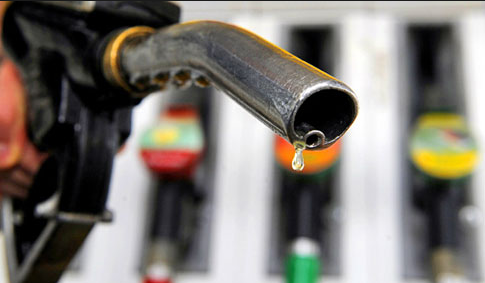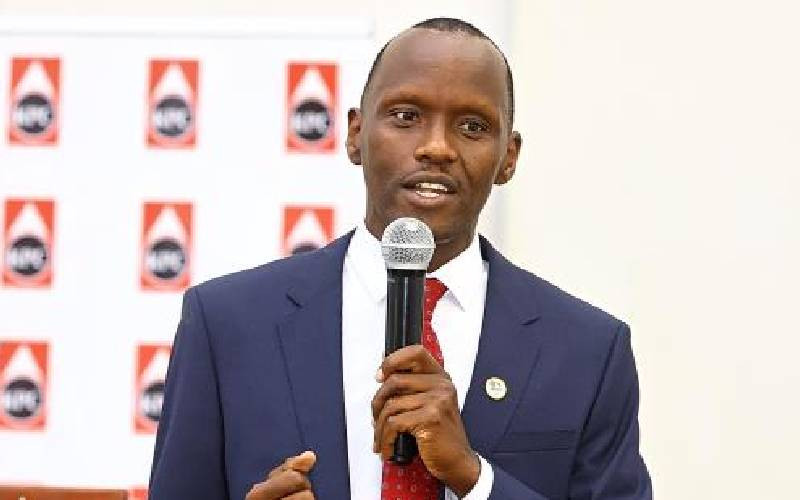
In the last one week, Kenyans have been treated to another side of their government.
Many will be forgiven for finding their government unresponsive, cruel, insensitive and callous. Ever since the controversial fuel tax was effected, no high ranking government official has come out to advise (or even reassure) Kenyans that all is well. The National Treasury’s, and especially Finance CS Henry Rotich’s nonchalance are regrettable and could be what many in government think of the rest of Kenyans.
Knowing the volatility of the markets, Treasury should have wheeled out an argument about what was happening. Nature abhors a vacuum. Information on fuel price and its availability are crucial. Nothing is as dangerous as the absence of information on a crucial matter such as fuel.
The absence of the president from the country hasn’t made things any better. President Uhuru Kenyattas’s trip to China ended nearly three days ago and there has been no information about his whereabouts. But even then, he gets daily briefs on goings-on at home.
If nothing else, Mr Kenyatta should have nudged his officers to talk to the public to assuage the fears of many Kenyan businessmen and traders who feared for their investments.
In fact, Mr Kenyatta should be troubled about his bumbling, incoherent Finance minister who, even when he had a chance to explain away things, left it to rumbling politicians who obviously are out of depth. Additionally, it is what brought about the fuel crisis, rather than the reactions after the enforcement of the VAT that should worry us. Looking at it closely, it is evident that the fundamentals of managing public finance and the role of the State have been ignored at best and at worst, subverted.
The Jubilee administration, just like many before, believes that doing, rather helping the people do big things will help take the country to the next level. That is in spite of the bureaucracy’s inadequacies like inefficiency, wastage, corruption and theft.
Indeed, Jubilees’ economic policies tend to make nonsense of the common practice; that the private sector drives the economic mortar. Most successful governments go to any lengths to protect this goose that lays the golden egg.
Yet those who have done business with this government in the recent past have harrowing tales of brushes with auctioneers and marauding debt collectors over unpaid bills. It owes local media houses Sh3 billion for space taken out on the various platforms.
Thus, they will borrow to build roads, lay railway lines, connect millions to the National Grid or construct dams and then leave out what really makes those investments pay off; driving away corruption, minimizing wastage and theft and making doing business easy, cheap and a worthwhile venture.
Not addressing these issues is akin to government sabotaging all its efforts and because it has to pay its bills no matter what, ends up hurting the people it ought to help by imposing punitive taxes.
 The Standard Group Plc is a
multi-media organization with investments in media platforms spanning newspaper
print operations, television, radio broadcasting, digital and online services. The
Standard Group is recognized as a leading multi-media house in Kenya with a key
influence in matters of national and international interest.
The Standard Group Plc is a
multi-media organization with investments in media platforms spanning newspaper
print operations, television, radio broadcasting, digital and online services. The
Standard Group is recognized as a leading multi-media house in Kenya with a key
influence in matters of national and international interest.
 The Standard Group Plc is a
multi-media organization with investments in media platforms spanning newspaper
print operations, television, radio broadcasting, digital and online services. The
Standard Group is recognized as a leading multi-media house in Kenya with a key
influence in matters of national and international interest.
The Standard Group Plc is a
multi-media organization with investments in media platforms spanning newspaper
print operations, television, radio broadcasting, digital and online services. The
Standard Group is recognized as a leading multi-media house in Kenya with a key
influence in matters of national and international interest.









